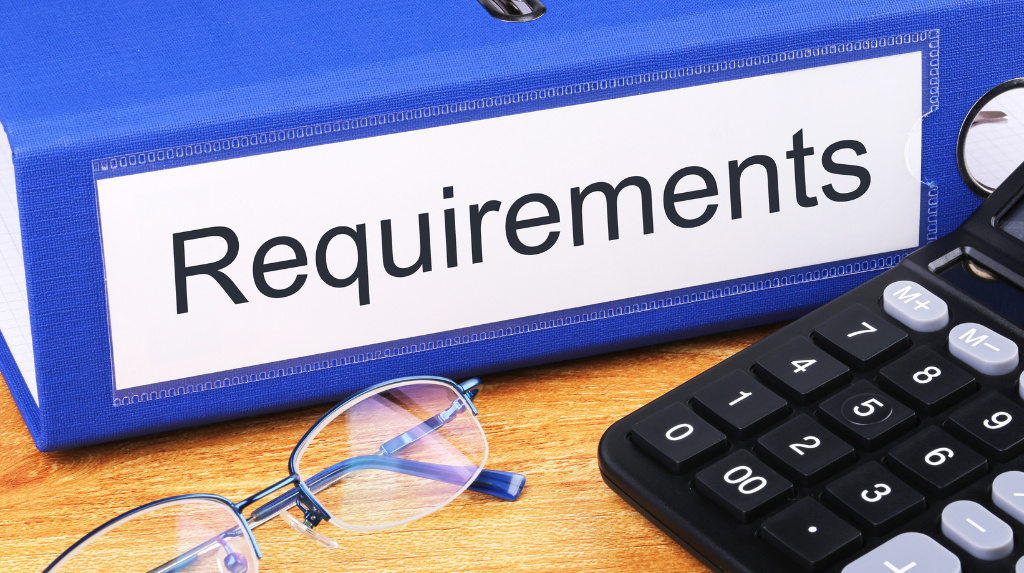Navigating the process of legalizing documents for international purposes can be complex. Whether you’re a business professional, student, or individual, knowing how to properly legalize documents is essential. This guide details the steps required to legalize foreign documents, focusing specifically on the requirements set by Finnish authorities.
Why Legalisation Matters
Legalization ensures that Finland recognizes and considers documents issued abroad as legally valid. It confirms the authenticity of the document and the authority of the issuer, as required by Finnish authorities.
Legalisation Process in Finland
In Finland, the process of legalizing documents for international use mainly involves the diplomatic or consular mission of the country where the document originated. This mission confirms that the issuing authority in that country had the proper authority to issue the document.
Diplomatic or Consular Mission Certification
For documents issued by foreign authorities (outside the Nordic countries), the Finnish diplomatic or consular mission in that country serves as the initial point of contact. This mission is responsible for certifying the authenticity of the document and verifying that the respective foreign authority indeed issued it.
Apostille for Hague Convention Signatories
For countries that are members of the Hague Convention of 1961, the Apostille process simplifies the legalization of documents. An Apostille certifies the authenticity of a document, making it recognized among member countries. For more details on Apostille certificates and the relevant authorities, you can visit hcch.net.
EU Regulation for European Union Documents
Some public documents issued within the European Union do not require an Apostille for verification due to a specific EU regulation.
This regulation simplifies the process by enabling acceptance of these documents across the EU without requiring additional authentication steps.
Legalization for Non-Apostille Convention Countries
If a document originates from a country that is not part of the Apostille Convention, the legalization process requires multiple steps:
- The Ministry for Foreign Affairs in the issuing country must certify the document’s authenticity.
- A competent Finnish mission in that country must then legalize the document by attaching a certificate that verifies the authority of the official who signed the original document.
- Legalizing documents for international use, especially in Finland, requires careful attention to detail. Understanding the specific steps can simplify the process and ensure your documents are accepted. For more information, visit the websites of the Finnish Ministry for Foreign Affairs and the Hague Conference on Private International Law.
What happens if a document is not legalized properly
If a document is not legalized properly for use in Finland, several consequences can arise, impacting its validity and the ability to use it for legal purposes. Here are the key implications:
1. Rejection by Finnish Authorities
- Invalid Documentation: If the document lacks proper legalization, Finnish authorities may reject it outright. This means that any application or process relying on that document (such as marriage registration, residency applications, or educational credentials) could be delayed or denied.
2. Legal Uncertainty
- Questionable Authenticity: Without proper legalization, the authenticity of the document may be questioned. Legalization serves to confirm that the issuing party has the authority to issue such documents under their country’s laws. A lack of this verification can lead to disputes regarding the document’s validity.
3. Inability to Establish Legal Rights
- Access to Services: Many services, such as healthcare, education, and social benefits, require valid documentation. If your documents are not recognized due to improper legalization, you may be denied access to these essential services.
4. Increased Processing Times
- Delays in Applications: If a document is found to be improperly legalized, you may need to go through the legalization process again. This can significantly delay any applications or processes that depend on that document.
5. Potential Legal Consequences
- Legal Liability: In some cases, presenting an improperly legalized document could lead to legal consequences, especially if it is perceived as an attempt to misrepresent information or commit fraud.
6. Additional Costs
- Re-legalization Fees: You may incur additional costs associated with re-legalizing the documents correctly after an initial failure. This includes fees for notarization, authentication by relevant authorities, and embassy legalization.
How Law and Visas Can Help?
At Law and Visas, our team of expert immigration consultants is here to make your travel to Finland straightforward and successful. Whether you’re applying for a Schengen Visa or a Long-Stay Visa, we handle every step from preparing your application to gathering the required documents.
Our immigration Consultants and Lawyers ensure that your application meets the highest standards, with no details missed. We’ll also keep you informed throughout the process and coordinate with the immigration office or embassy on your behalf.
Law and Visas has a strong record of helping clients secure the visas/permits they need in Finland. Call us today at +234 812 5505 986 to learn how we can assist you.





